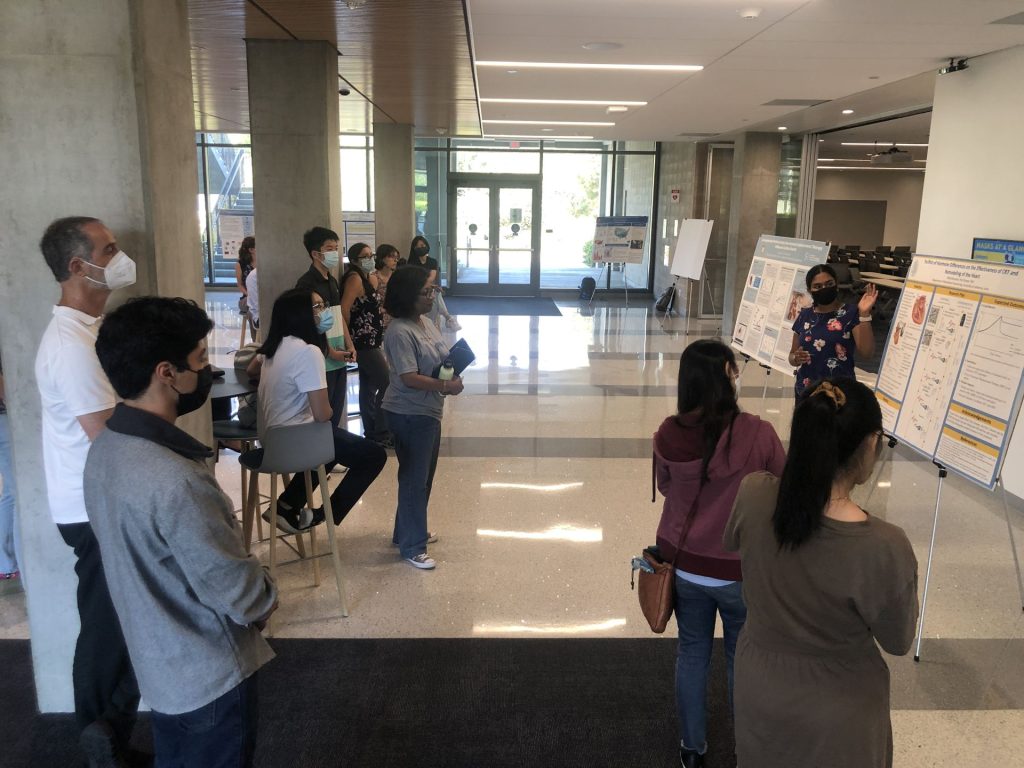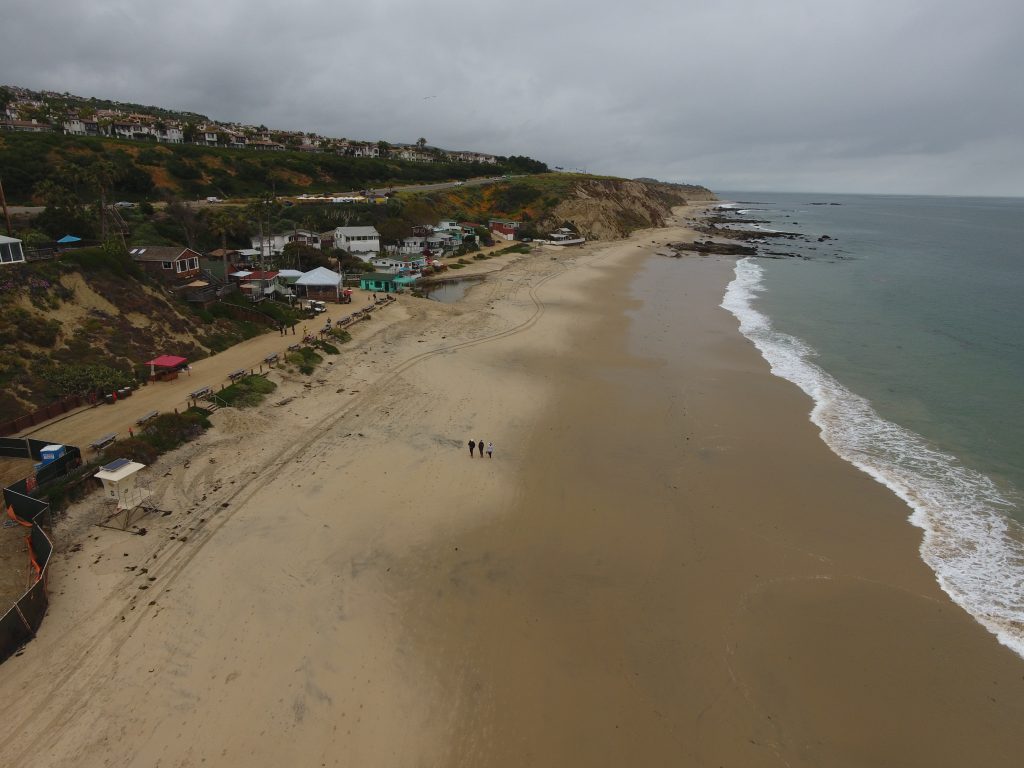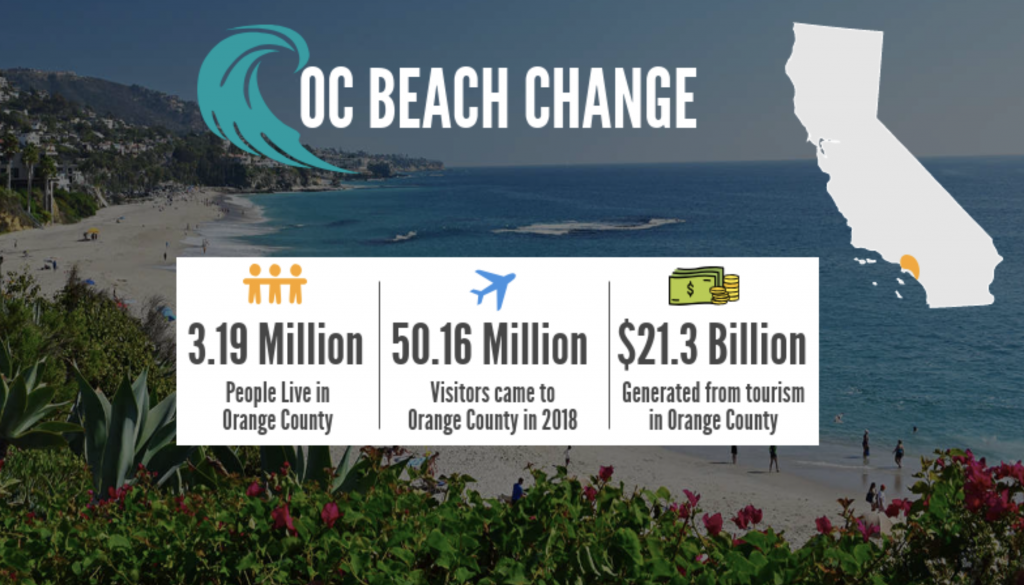
Fluid Mechanics
ENGRCEE 170
Core undergraduate course for civil engineering and environmental engineering B.S. students. Covers fluid properties; mass, momentum and energy conservation principles; fluid statics; dimensional analysis and similitude. Hands on class project involving measurements and modeling. 3 hrs lecture, 1 hr discussion, 1 hr lab per week.

Flood Risk & Modeling
ENGRCEE 270
Graduate course open to engineering physical sciences, environmental sciences, and social ecology students. Global trends in flooding. Flood policy. Flood risk management. Flood hazard modeling. 3 hrs lecture/discussion each week. Class project involves modeling of a regional flood hazard and the facilitation of dialogue among stakeholders.

Beach Dynamics
ENGRCEE 269
Graduate course intended for engineering and physical sciences students, or any students comfortable with partial differential equations and light coding in Matlab. Coastal sediment budgets, littoral cells, and history of coastal erosion in California. Linear wave theory including wave dispersion, refraction/diffraction and shoaling. Longshore sediment transport modeling. Class project involves analysis of historical shoreline erosion and beach width change using wave data, tide data, river discharge data, and beach nourishment data. Field trips to southern California beaches.
aches.

SIRiPods Research Training
Research universities specialize in research, but undergraduate programs are not configured well to teach research. Research training is inconsistent and inefficient at the undergraduate level. The SIRiPods program was launched to give rising 3rd year students the basic skills, and broader orientation, that is required to be a successful researcher. The program focuses on what is arguably the most important aspect of research: asking a good question. The program also trains students in fundamental skills such as reviewing literature, objective technical writing, persuasive technical writing, preparation of good technical graphics, professional networking, and oral presentation skills.

Coastal Dynamics High School Program
We collaborate with the Crystal Cove Conservancy and the UCI School of Education to develop and deploy a high school coastal engineering program aligned with Next Generation Science Standards. Classes of high school students from across southern California spend a day at Crystal Cove State Park using waves and beach sand to learn about coastal erosion processes, and collect data on the width of the beach and the distribution of beach sand. Students also learn engineering approaches to systems modeling, including use of mass balance concepts with control volumes, and to the use of computer models to quantify system dynamics. The program also supports field-based training of high school science teachers to implement the program, including the use of computer models for systems modeling.

Summer Scholars Program for High School Students
We collaborate with the UCI Blum Center for Poverty Alleviation to support a Summer Scholars Program for high school students with STEM interests and a passion for the environment. This program is highly selective and focuses on beach change in Southern California. Students learn to use remote sensing data and computer programming to study historical changes in beaches, contemplate the many ways that beaches contribute to the culture and economy of southern California, and develop tools that can be used to increase awareness about beach loss.
